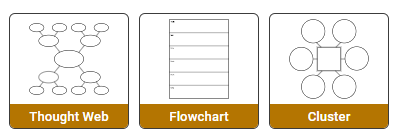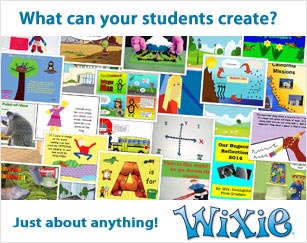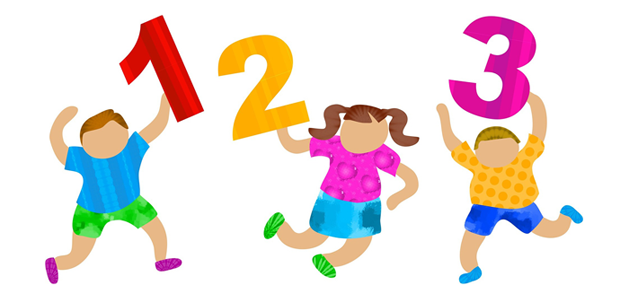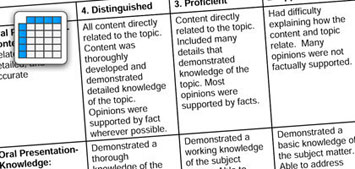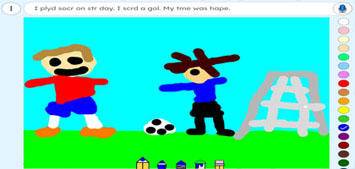Make Comprehension Work Fun with Choice Boards
Use choice boards to engage students in reading and let them demonstrate their comprehension of a story.
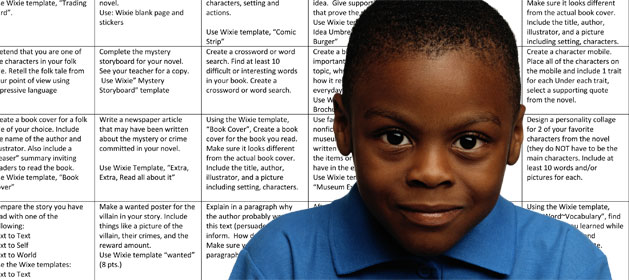
Encouraging students to read and helping them comprehend what they read is every teacher's top priority. As the school library media specialist at McDonough Elementary School, I share this goal, but I also take a special interest in helping my students develop a love of reading.
Many school systems use quiz software to test students on books they have read. I believe that education today needs to move from multiple-choice quizzes to a creative and personalized learning approach that shifts control from teacher to student and reintroduces passion to student learning.
When I hear from administrators and teachers that students don't truly grasp concepts such as setting or plot, I know it's my calling to develop a learning environment that ensures students have unique, interesting, and personalized ways to demonstrate comprehension and show their understanding.
You're no doubt familiar with choice boards. Most of the boards I have seen consist primarily of cutting, pasting, drawing, or other tactile activities.
Since my students and teachers have access to Wixie, I created 21st century choice boards that students in grades one through five can use to demonstrate their comprehension of a story.

I have adapted existing Wixie templates to meet the needs of my students. Each grade level now has a folder containing templates for many different projects. Each project is connected to Common Core Standards. The rubric attached to every project guides student work and provides me a tool for evaluating the completed project.
Using Wixie choice boards and templates means that instead of playing games or taking quizzes, students become makers and creators. For example, students can choose to create a comic strip showing the beginning, middle, and end of a picture book they have read, or they can create a newspaper article to persuade other students to read a book they have just finished.
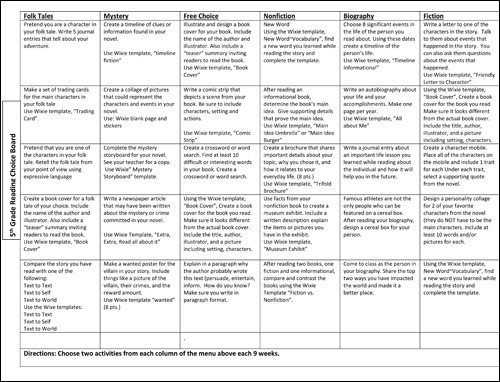
Because Wixie is online, students aren't confined to the short time frame of a language arts or reading block. Students can use the Wixie on a personal tablet or any computer connected to the Internet.
Students can narrate their project, recording their voices as they describe details about events or characters in their story. Recorded narration provides an additional measure of fluency and comprehension.
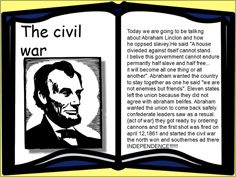
Allowing students the freedom of expression is a welcome breath of fresh air. Providing choices creates a fun atmosphere for reading instead of a pass/fail approach to gauging comprehension that many students dread.
I believe that giving students choices for self-expression will open up their minds to new ideas and thoughts about what they read. After all, comprehension is the point of reading!



